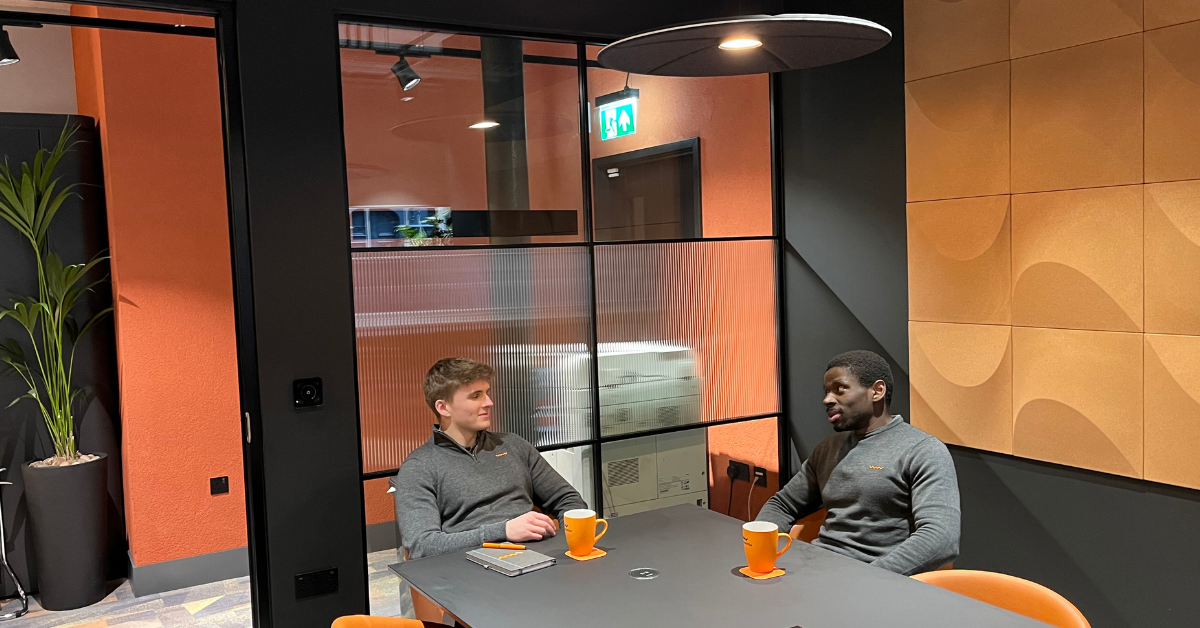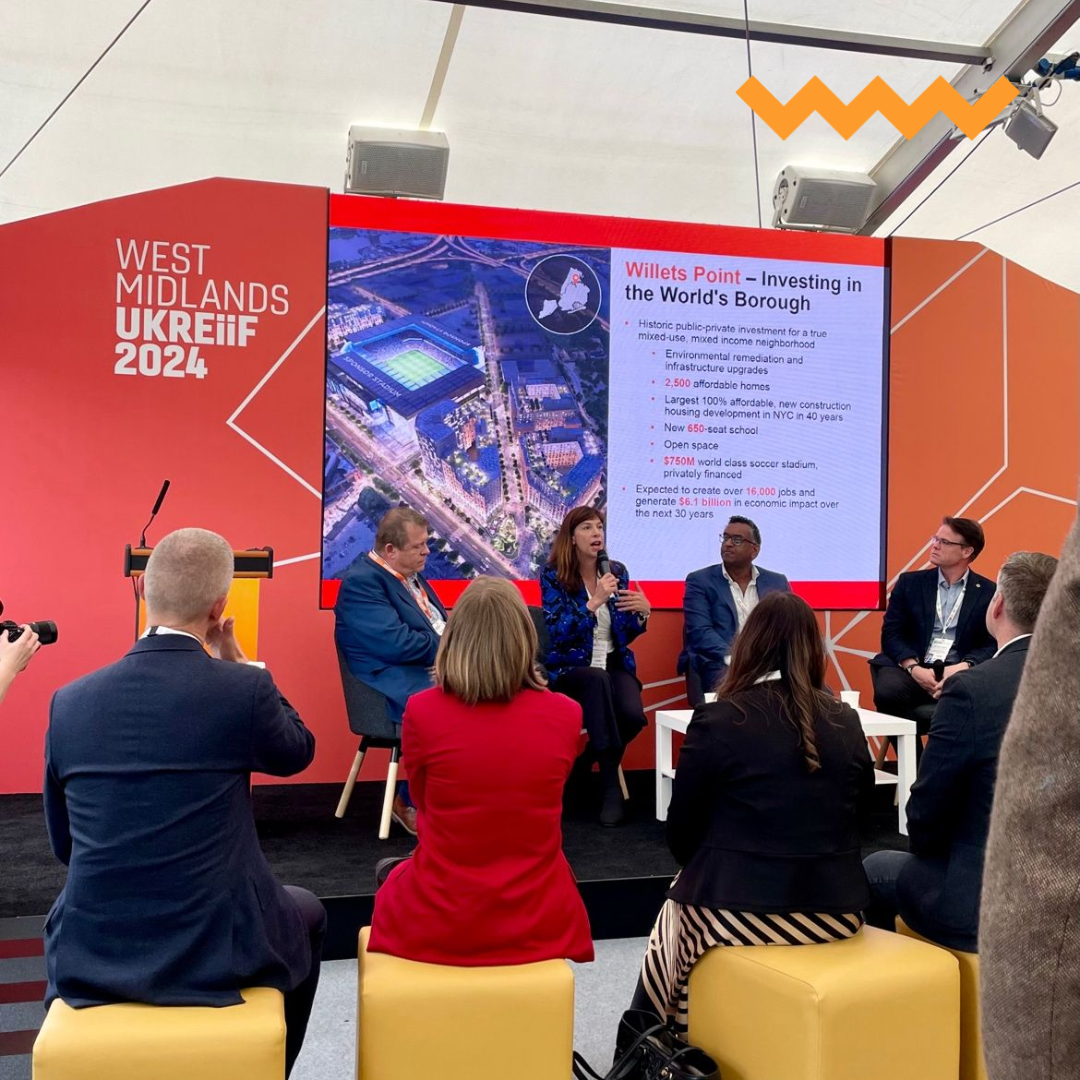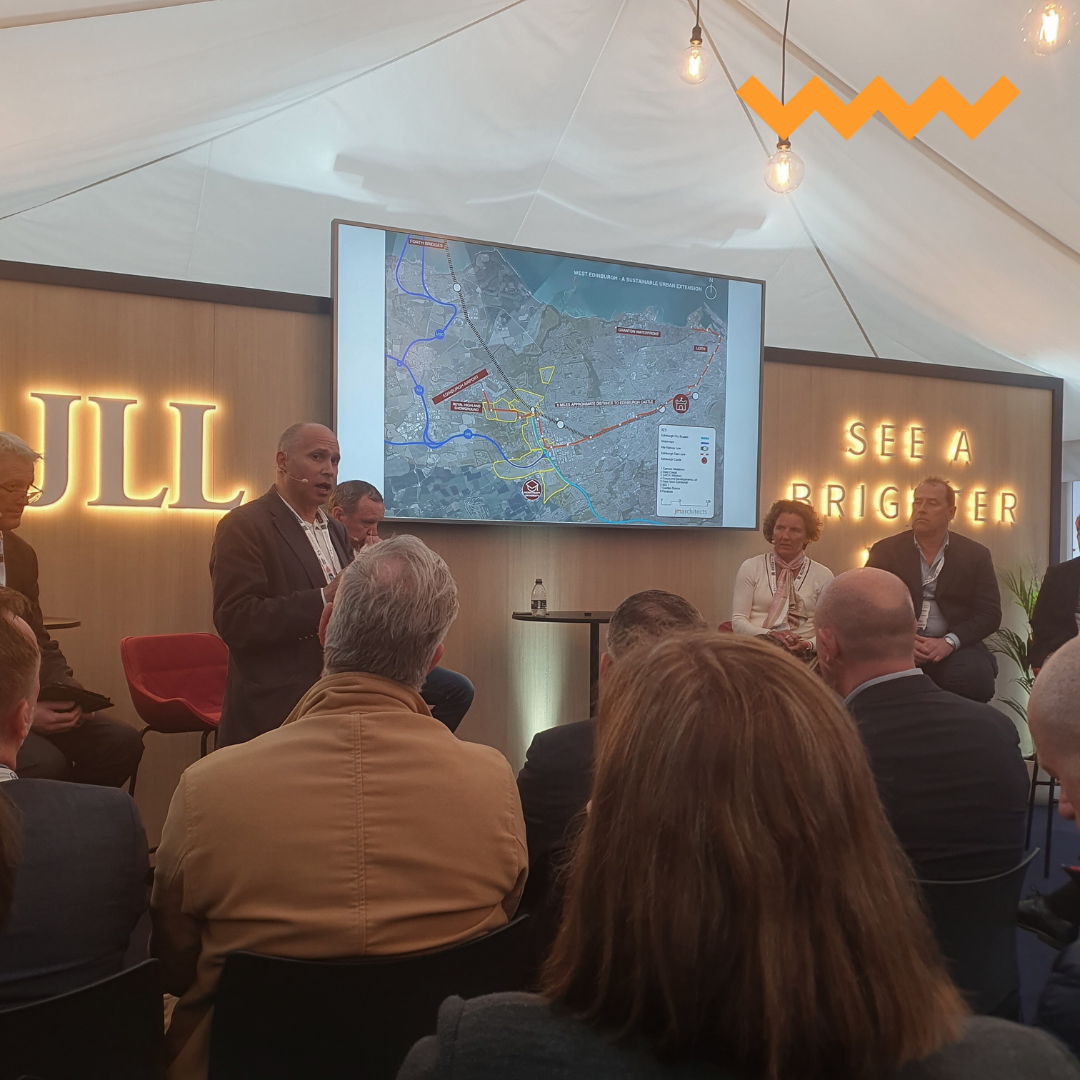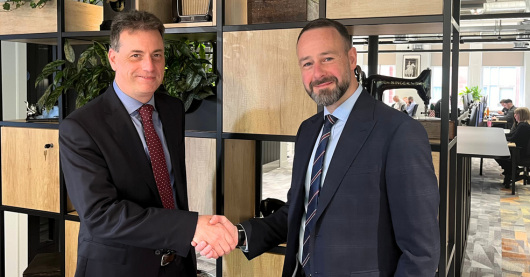Engineering the Next Generation
News
Engineering the Next Generation
Engineering the Next Generation: 2024 Work Experience at Wallace Whittle
WWith the summer holidays drawing to a close across the UK, we took the opportunity to connect with some of the students who spent their summer with us for work experience this year.
In engineering, access to work experience is incredibly beneficial for students, whether they are in secondary school, college, or university. It not only helps students refine and acquire new skills, but it also provides them with the opportunity to expand their professional networks and explore different specialties within the industry. This hands-on experience that we offer is invaluable in helping students understand their options and make informed decisions about their future careers.
At Wallace Whittle, we value the opportunity to educate and guide the next generation of engineers, whether through work experience placements, apprenticeships, or our graduate schemes.

We aim to give students a taste of the various disciplines within our offices, from electrical and mechanical engineering to sustainability and BIM/CAD. We also offer work experience opportunities in other areas, such as finance and marketing.
Since students are sometimes unsure of the specific area they want to specialise in, experiencing a range of activities within engineering can help them focus their interests and may even ignite a passion for something they had not anticipated!
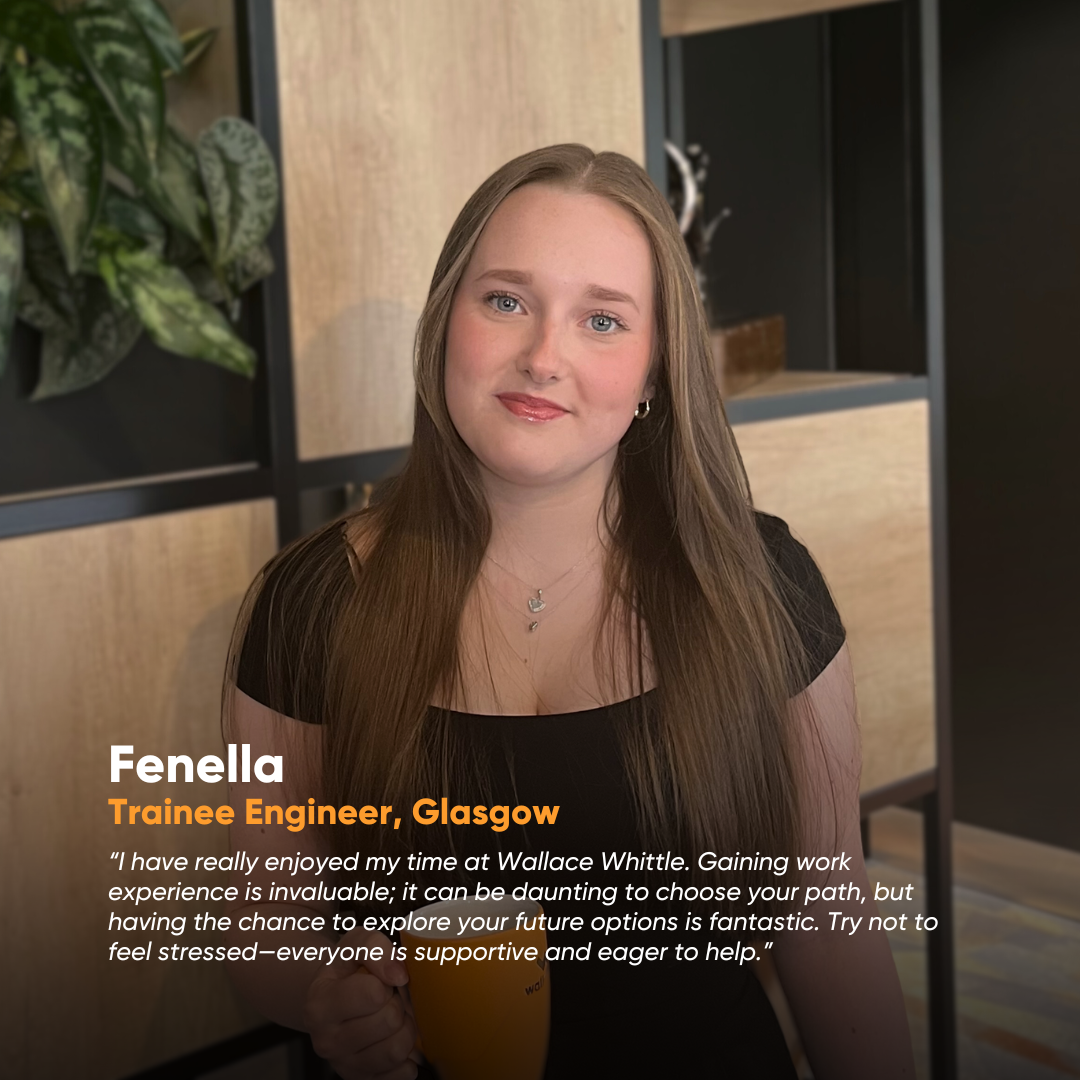
This summer, our Glasgow office hosted Fenella, a secondary school student, for a work experience placement. During her time with us, she worked with several of our engineers, exploring different areas of mechanical and electrical engineering. She also learned mechanical calculations and gained hands-on experience with basic systems in a BIM 360 model—skills that are rarely taught in secondary school.
Fenella left Wallace Whittle with practical skills and a clearer understanding of how she wants to progress in her final two years of secondary school.
“The team at Wallace Whittle were very welcoming and supportive during my work experience, especially John and Asim. They were always open to questions, no matter how big or small. I had the chance to learn and apply what I had learned!“ Fenella also shared.
John, one of our Glasgow Associates who mentored Fenella during her time with us, also shared:
“I was fortunate enough to be given an opportunity as a graduate with Wallace Whittle, and 15 years later, I’m still fortunate to work on a vast range of projects across various sectors—all while continuing to learn and develop my own skills. It’s incredibly rewarding to see students come through the Wallace Whittle doors, develop their skills, and leave feeling encouraged and motivated to continue this career path. Hopefully, I’m contributing to the learning and development of others coming through behind me.”
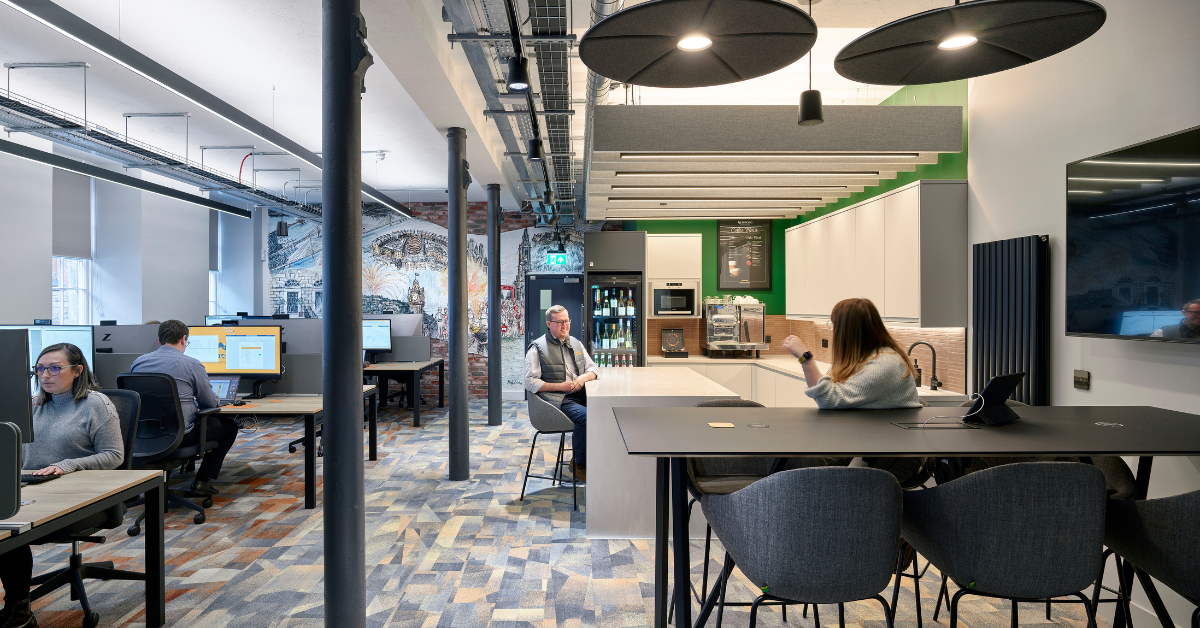
At Wallace Whittle, we not only provide students with a variety of tasks across different disciplines, but we also tailor our approach based on their age and experience level. We have a training project specifically designed to accommodate various levels of experience and knowledge, allowing students to learn at their own pace. Depending on the length of their work experience, this can evolve into direct input on live project designs.
For older students, such as those currently studying at university, we offer opportunities to work independently. This experience is invaluable not only for gaining practical skills but also for adapting to the professional environment. University students are rarely exposed to office settings as part of their course, so having the chance to work independently in such an environment can help to ease the transition from academia to full-time employment.
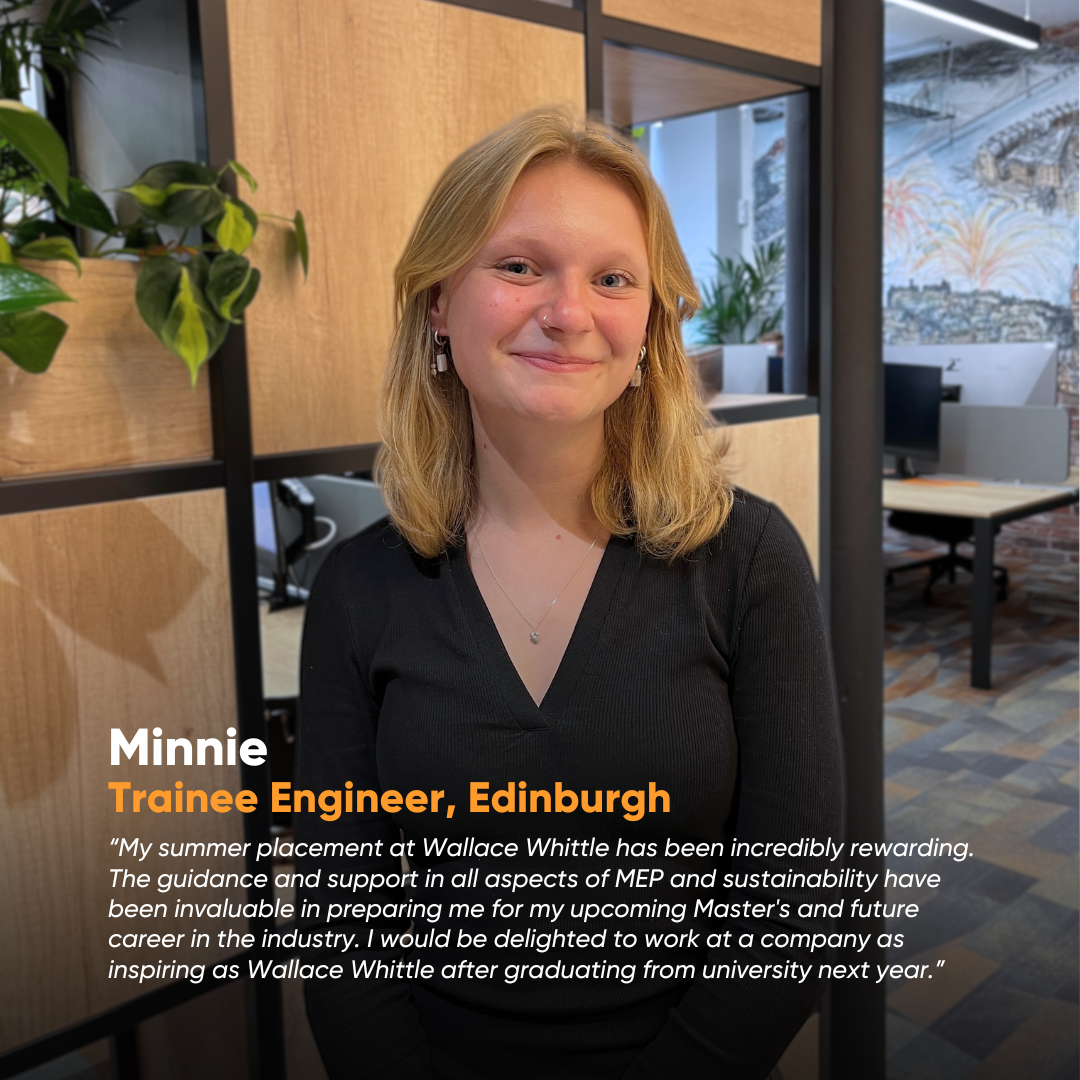
This summer, our Edinburgh office hosted Minnie, an Architectural Engineering student from Heriot-Watt University who is about to begin her fifth year to obtain her integrated Master’s degree. During her time with us, Minnie has worked on various tasks, gaining experience across different disciplines within the office: from Sustainability to Mechanical.
“The office atmosphere is incredibly welcoming, and I have enjoyed learning from the professionals here!” Minnie also shared.
During her time here, Minnie worked alongside several members of our Edinburgh team, including Euan, one of our Graduate MEP Engineers. Euan shared his thoughts on mentoring students:
“The services in buildings can often go unnoticed by those not involved in their design or installation. It’s rewarding to see students gain knowledge in areas they’ve never had to consider before—and even more so to watch them apply that knowledge to the tasks we give them.”
We also spoke to Jennifer, one of our Senior Mechanical Engineers, who also mentored Minnie during her time with us. Jennifer noted:
“Minnie is currently taking the same course at university that I graduated from a few years ago. It’s been great to see her applying the skills she’s learned at uni in the industry, and hopefully, it helps her make sense of the theory taught in class.”
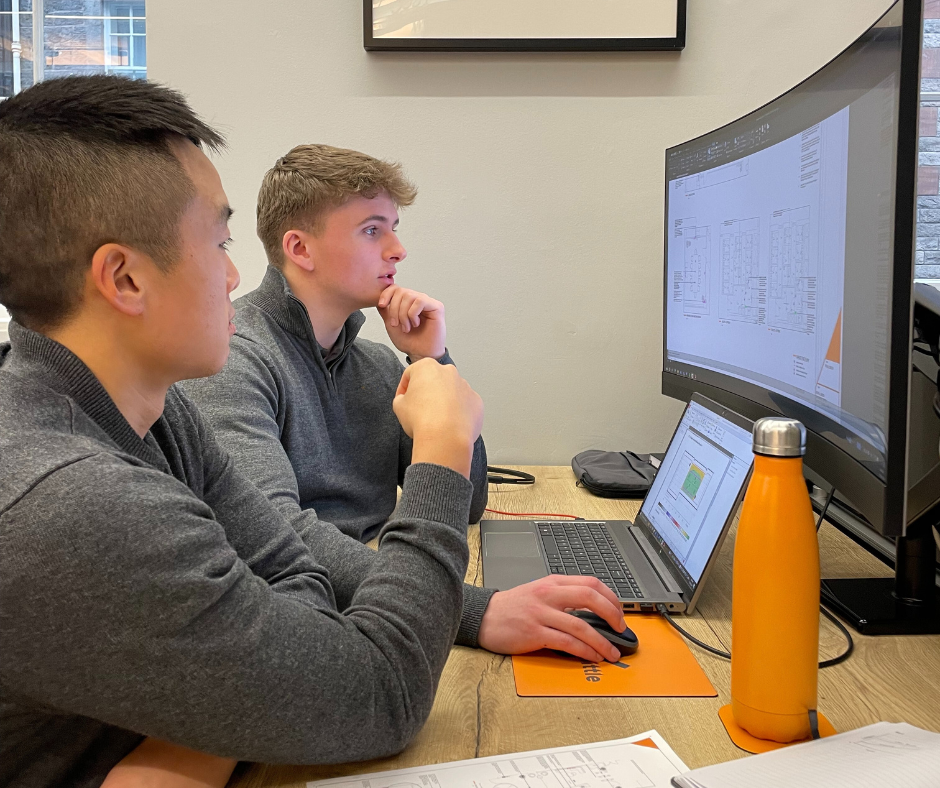
Work experience placements play a crucial role in shaping the future careers of students, providing them with practical exposure that complements their academic learning. By stepping into a real-world work environment, students can bridge the gap between theory and practice, gaining firsthand experience in how concepts are applied in everyday engineering tasks.
At Wallace Whittle, we strive to create an environment that nurtures and develops the engineers of the future, equipping them for further education or a career in the industry. With our expected growth and the opening of new offices in Birmingham and Manchester, we anticipate hiring an additional 30 junior staff members over the next three years.
If you’re interested in joining Wallace Whittle or learning more about our work experience and apprenticeship programs, please reach out to us at [email protected] or visit our dedicated webpage: https://www.wallacewhittle.com/apprenticeships/
90 Days of Our Birmingham Office: Progress, Projects, and Plans
News
90 Days of Our Birmingham Office: Progress, Projects, and Plans
90 Days of Our Birmingham Office: Progress, Projects, and Plans
As we approach the three-month milestone since our expansion into Birmingham and our new office, we spoke to Darren Wright, Birmingham Location Director, to catch up on how things are progressing in the WWest Midlands, the exciting projects that our team are working on and plans for the future.
Back in May of this year, we announced our expansion further into England with our new offices in Manchester and Birmingham, and the addition of our New Location Director, Darren Wright. Since then, we have witnessed our Birmingham team continue to grow and settle in to the WW Way.
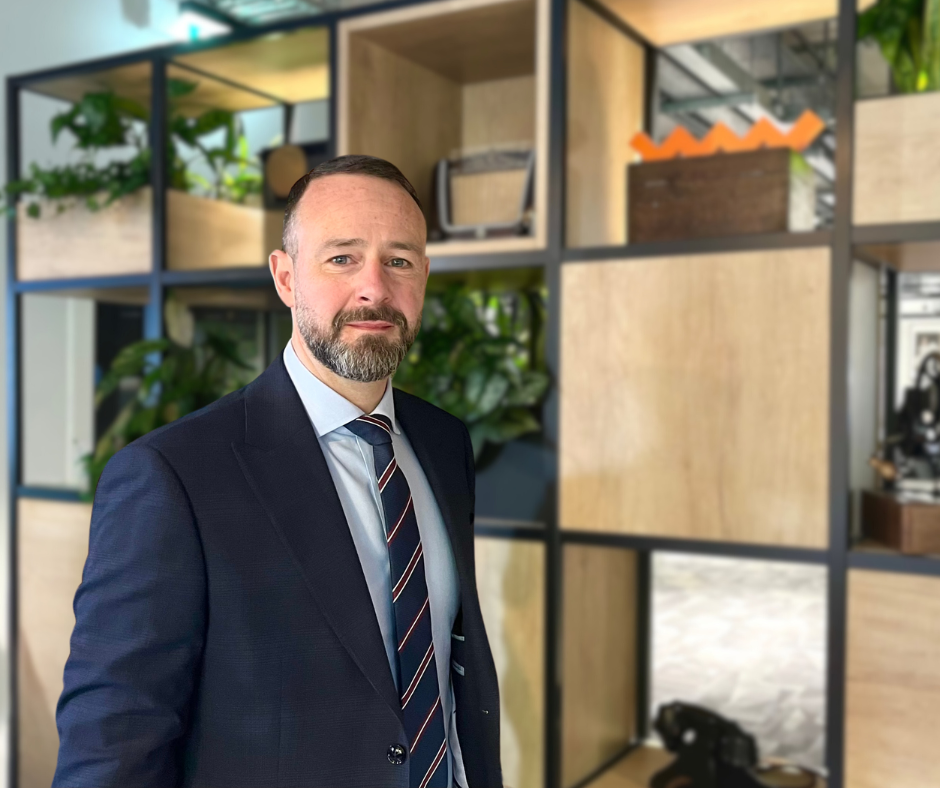
Settling into life at Wallace Whittle
It has been a busy first few months for Darren and the team in Birmingham. Reflecting on the initial period, Darren shared:
“It’s been a positive start in the new office, with a smooth induction into life at Wallace Whittle. We’ve onboarded new staff and collaborated with other offices on major projects. It has been wonderful to meet and connect with fellow directors, such as Andy Forbes in Aberdeen, Stephen Osborne in Edinburgh, and our closest neighbor, Paul Dean, who supports us from Manchester and Warrington”
At Wallace Whittle, collaboration and communication are fundamental to our success, ensuring our teams can work seamlessly together across various locations and projects. This inter connectivity is facilitated through our emphasis on quality and standardisation, enabling our teams to leverage diverse expertise and collaborate effectively.
Our Birmingham team combines local knowledge with industry-wide expertise, covering a broad range of disciplines and sectors. While residential and commercial projects are strongholds for the Birmingham team, their proficiency extends to mixed-use developments, office fit-outs, and purpose-built student accommodation (PBSA). Darren elaborated:
“Patryk, our Senior Public Health Engineer, and I have substantial experience in the residential sector. I have also worked in a team specialising in office fit-out projects and gained valuable experience in various sectors across the UK and Internationally. Harry, our Senior Electrical Engineer, complements our team with his extensive expertise in commercial projects and residential developments. Together, along with the rest of the team, we are well-equipped to handle a diverse range of projects.”
Key Projects and Sectors
The current market in the UK necessitates that our Birmingham office remains adaptable, seamlessly functioning across various sectors. In collaboration with our 8 offices in England, Scotland, and Northern Ireland, we leverage our ability to serve a diverse range of industries. This adaptability enables our team to deliver customised solutions and designs that meet the unique needs of each client.
Some of Birmingham’s current works include the following:
- Smithfield, Birmingham (Residential)
- North Boddingtons (Residential)
- Wembley Greenway (Residential)
- Monklands Replacement Project (Healthcare)
- Peterbourgh City Hospital (Healthcare)
With the Birmingham Smithfield project receiving approval from the city council’s planning committee in June, and Wembley Greenway securing funding with construction expected to begin by the end of this year to welcome the first students for the 2027/28 academic year, it’s been a busy few months for our newly opened office. In addition, these significant projects, we are actively engaged in further developments within the PBSA and Life Sciences sectors. We look forward to sharing more details about these projects soon.
Events and Community Engagement
Since the office launch in May, Darren represented our new West Midlands office at UKREiFF from May 21-23, alongside our other regional directors. The West Midlands UKREiFF sessions underscored the region’s transformative power as a driving force for real estate and regeneration opportunities. This proved highly relevant to our Birmingham team and their current projects, including our work on High Street in Digbeth, a significant residential development featuring 481 units.
“UKREiFF provided an excellent opportunity to network and learn from other directors while gaining insights into ongoing projects within the local area. It was particularly valuable to hear from speakers who outlined the critical updates following the 2023 trailblazer deals impacting Manchester and the West Midlands. These trailblazer deals, which aim to decentralise power and grant more autonomy to local authorities, have a direct influence on our projects in Birmingham and surrounding regions.”
As part of our commitment to community engagement, every Wallace Whittle office supports a local charity. Our Birmingham office has chosen to fundraise for St Basils, an organisation that assists young people aged 16-25 who are homeless or at risk of homelessness. St Basils supports over 4,000 young people annually across the West Midlands region. In line with this commitment, members of our Birmingham office participated in the Hike for Homeless initiative to raise funds for St Basils. This challenging 23-mile hike, featuring climbs of 468m, 341m, and 596m, took place against the stunning backdrop of Sugar Loaf Mountain. This effort highlights our dedication to making a positive impact, both locally and regionally, as we continue to strengthen our presence in Birmingham and beyond!
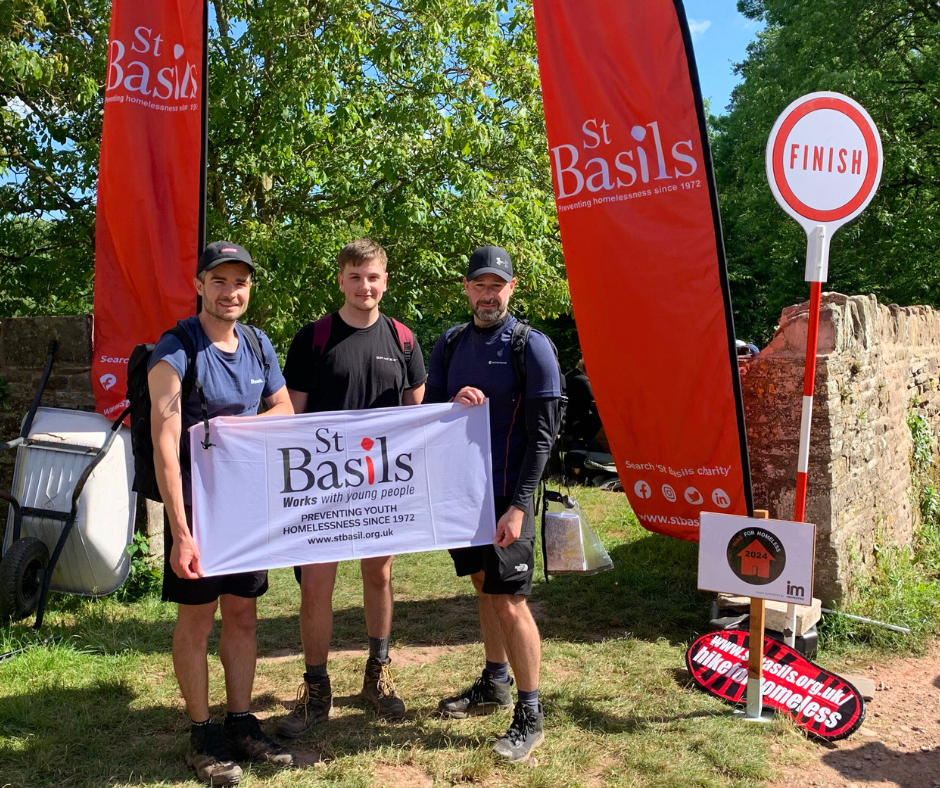
Local Market and Community
Our Birmingham office is actively working to integrate into the local market and community. Through targeted efforts to build brand awareness, we’re looking to address unique market challenges and establish a strong presence within this region, and beyond.
“It’s been great to join Wallace Whittle during such an exciting period of expansion and growth across the business. The past three months have been particularly busy for us here in Birmingham. Promoting the company’s proud history of delivering quality products and service is fundamental to maintaining our existing local client base and shaping relationships with future clients. Our efforts will continue to focus on integrating into the local market while upholding the high standards that Wallace Whittle is known for.”
Feedback from initial meetings with clients in the area has been overwhelmingly positive, underscoring the value of our services and approach. By leveraging the local expertise of our Birmingham staff and collaborating with the offices from further afield, this ensures that projects resonate with the community and meet the specific needs of our clients.
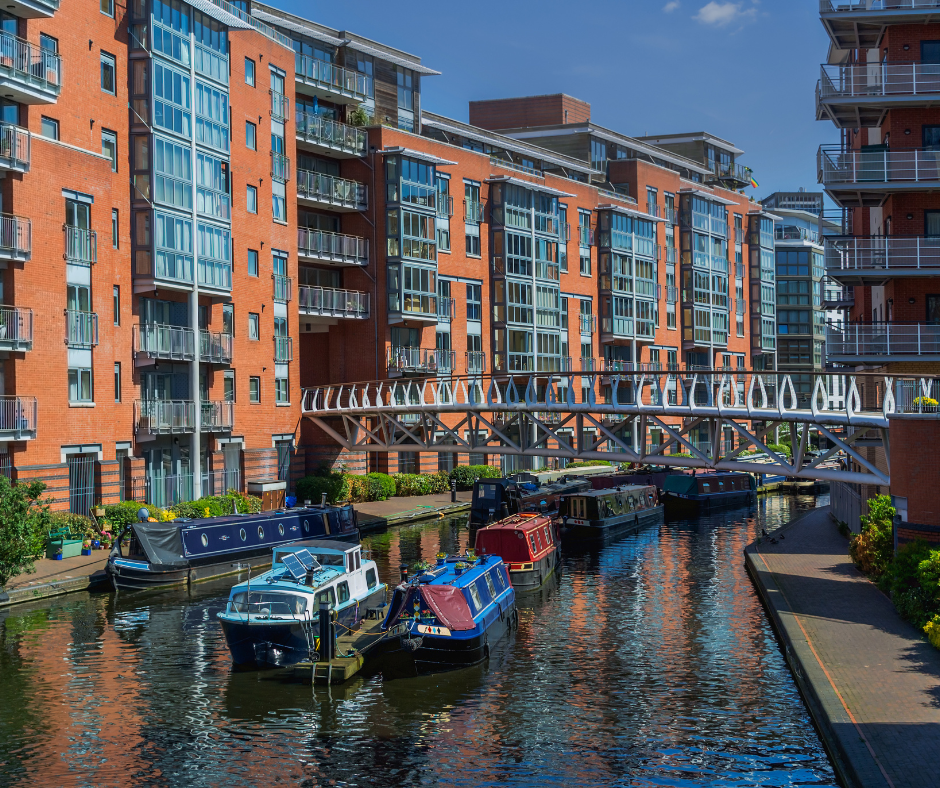
WWith the first three months of our Birmingham office complete, we eagerly look to the future of the region. From the exciting projects currently underway to upcoming initiatives, the development of our existing staff, and the further growth of our team, we are committed to contributing to the region’s growth and development.
As Wallace Whittle continues to expand and innovate, we invite you to explore our career opportunities in the region. If you’re interested in joining our forward-thinking team or have a project that could benefit from our expertise, we encourage you to get in touch at [email protected] or explore the roles listed below.

